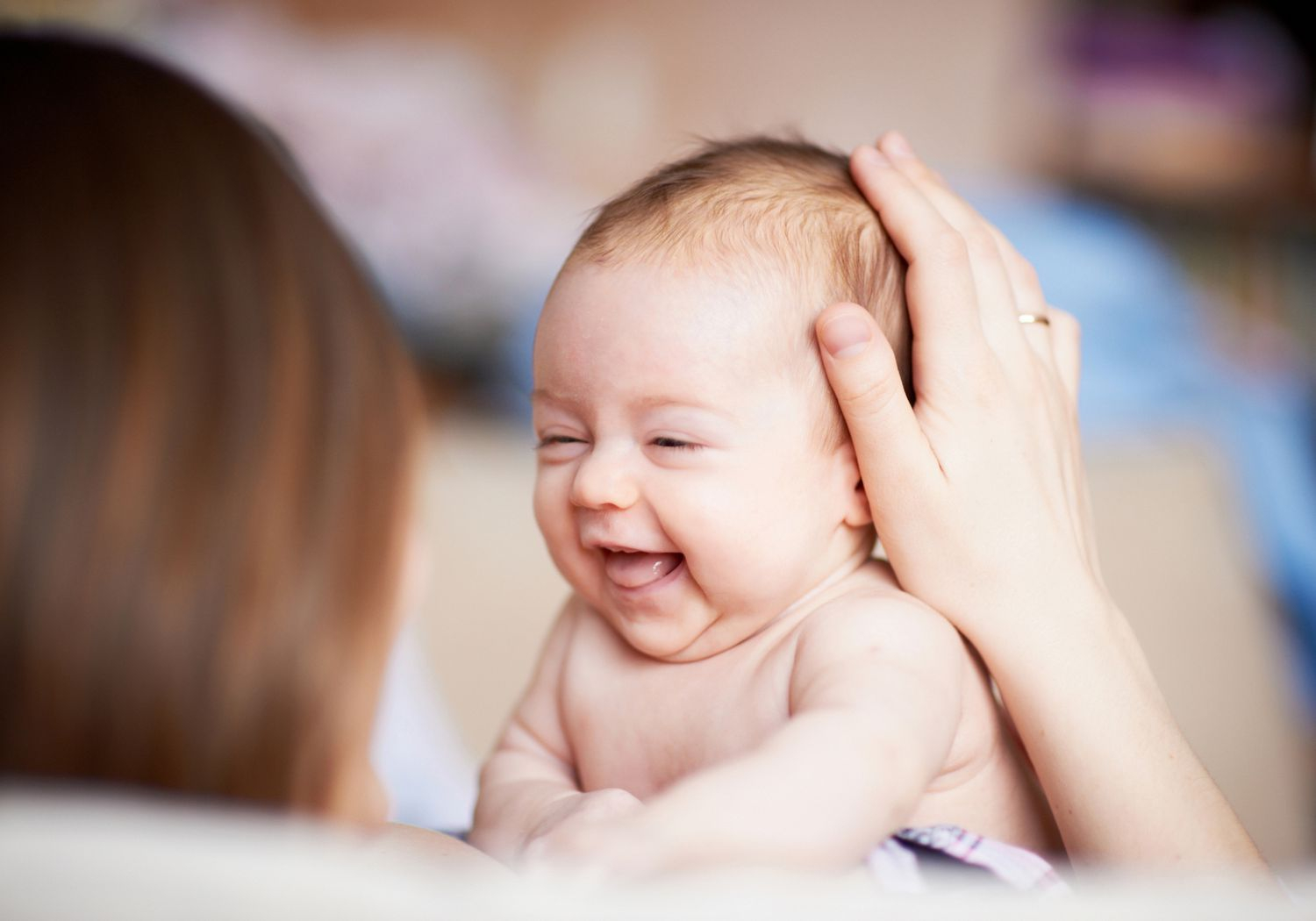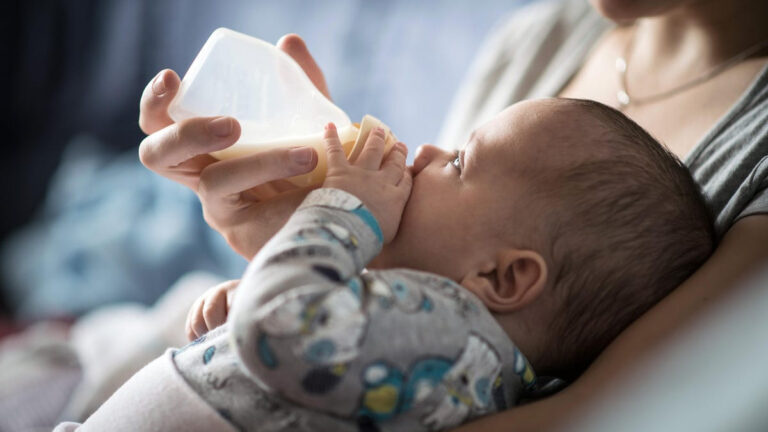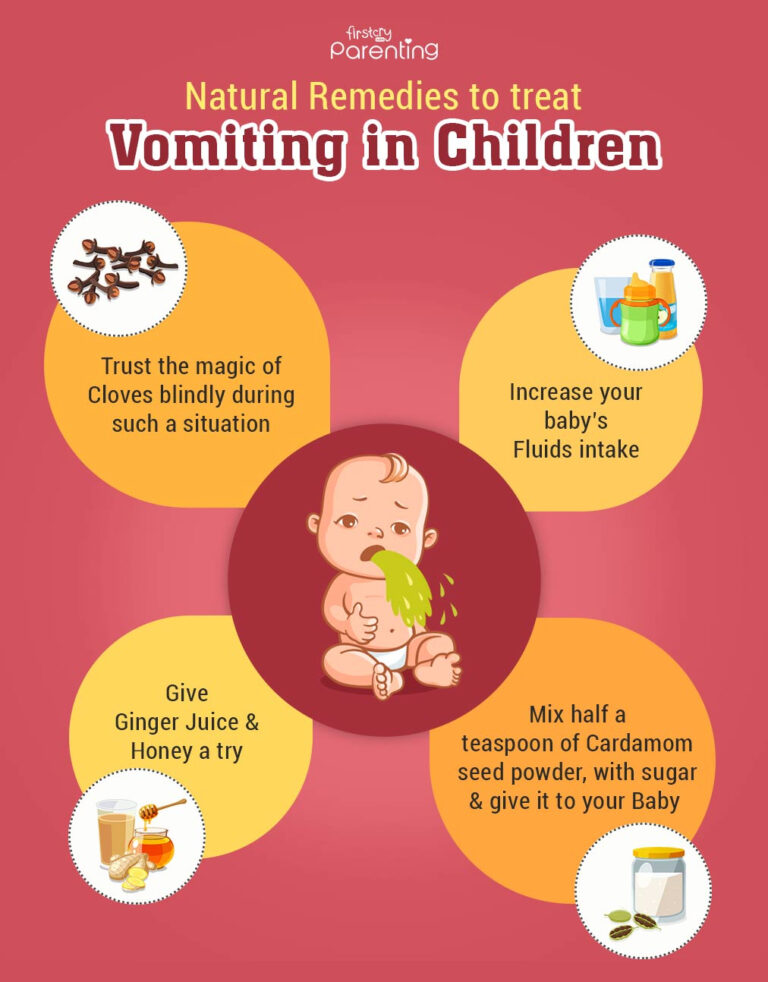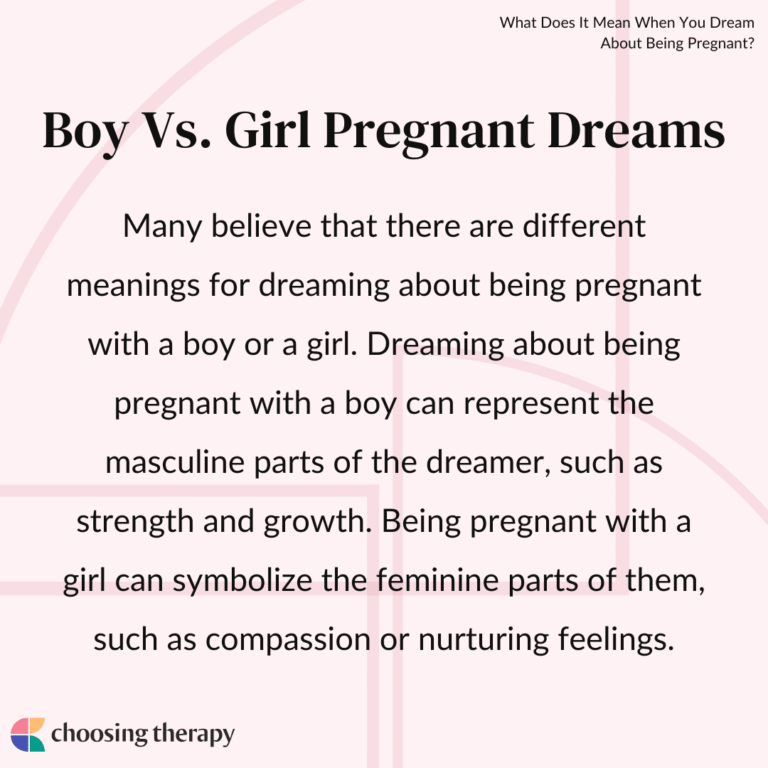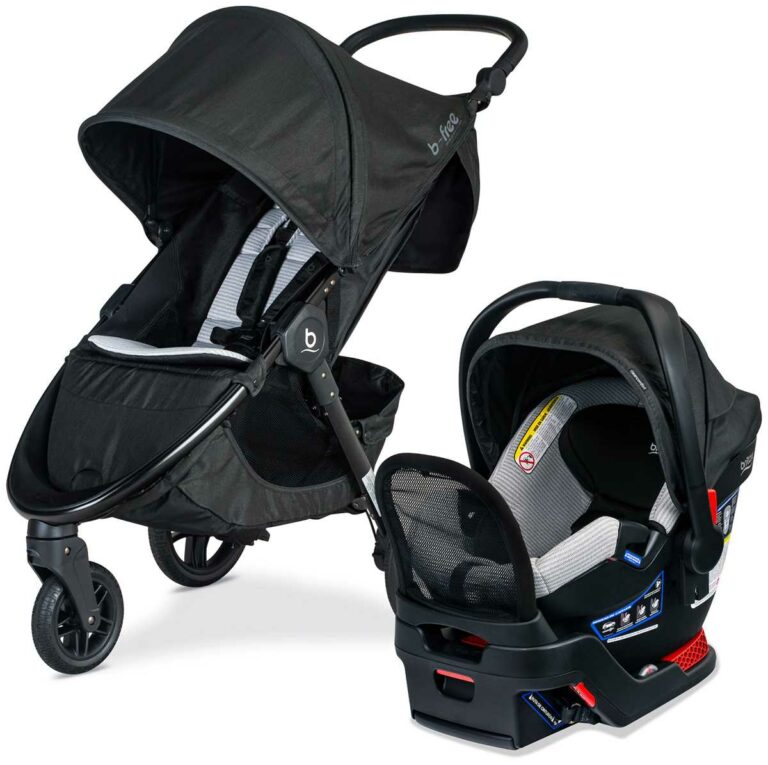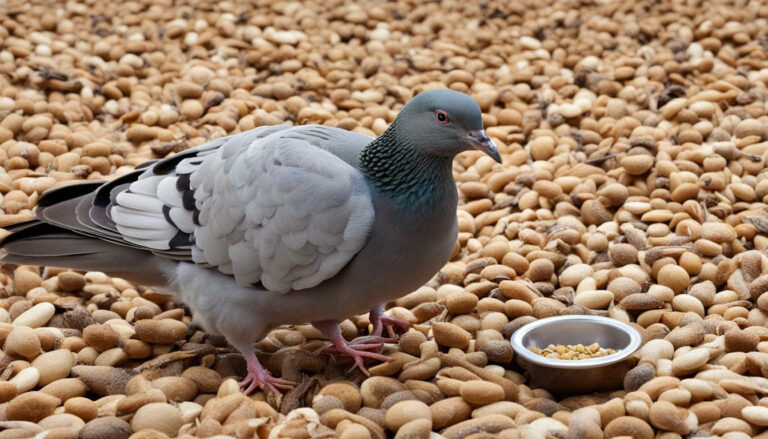When Does A Baby Start Laughing
As a parent or soon-to-be parent, one of the most heartwarming moments is hearing your baby’s first laugh. That infectious sound can bring joy to anyone’s heart. But when does a baby actually start laughing? In this article, we will delve into the fascinating world of baby development and explore the timeline of when you can expect to hear those adorable giggles.
Knowledge
When it comes to baby laughter, it’s important to understand that every child is unique and will reach milestones at their own pace. However, on average, babies typically start to laugh around 3 to 4 months of age. At this stage, babies are developing their social and emotional skills, and laughter is one way they begin to interact with the world around them.
Before babies start laughing, they often engage in what is known as “social smiling,” which can be seen as early as a few weeks old. This is when babies smile in response to seeing a familiar face or hearing a comforting voice. As they continue to grow and develop, their laughter becomes more frequent and expressive.
One of the key triggers for baby laughter is playtime. When babies are engaged in playful interactions with their caregivers, such as tickling, peek-a-boo, or silly faces, they are more likely to burst into laughter. These interactions not only bring joy to the baby but also help strengthen the bond between parent and child.
It’s important to note that if your baby has not started laughing by 6 months of age, it’s always a good idea to consult with your pediatrician. While every child develops at their own pace, delayed laughter could be a sign of underlying issues that may need to be addressed.
Conclusion
In conclusion, the sound of a baby’s laughter is a precious moment that every parent looks forward to. Understanding when babies start laughing can help you prepare for and savor those early milestones in your child’s development. Remember, every baby is different, so enjoy the journey and cherish those giggles along the way.
Overall, this article is beneficial for new parents, caregivers, and anyone interested in child development. By knowing when babies typically start laughing, you can better understand and support your child’s emotional growth.
In the grand scheme of things, baby laughter is not just a cute sound—it’s a sign of a happy, healthy baby who is thriving in their environment. So, take the time to play, engage, and create those special moments that will fill your heart with joy for years to come.
